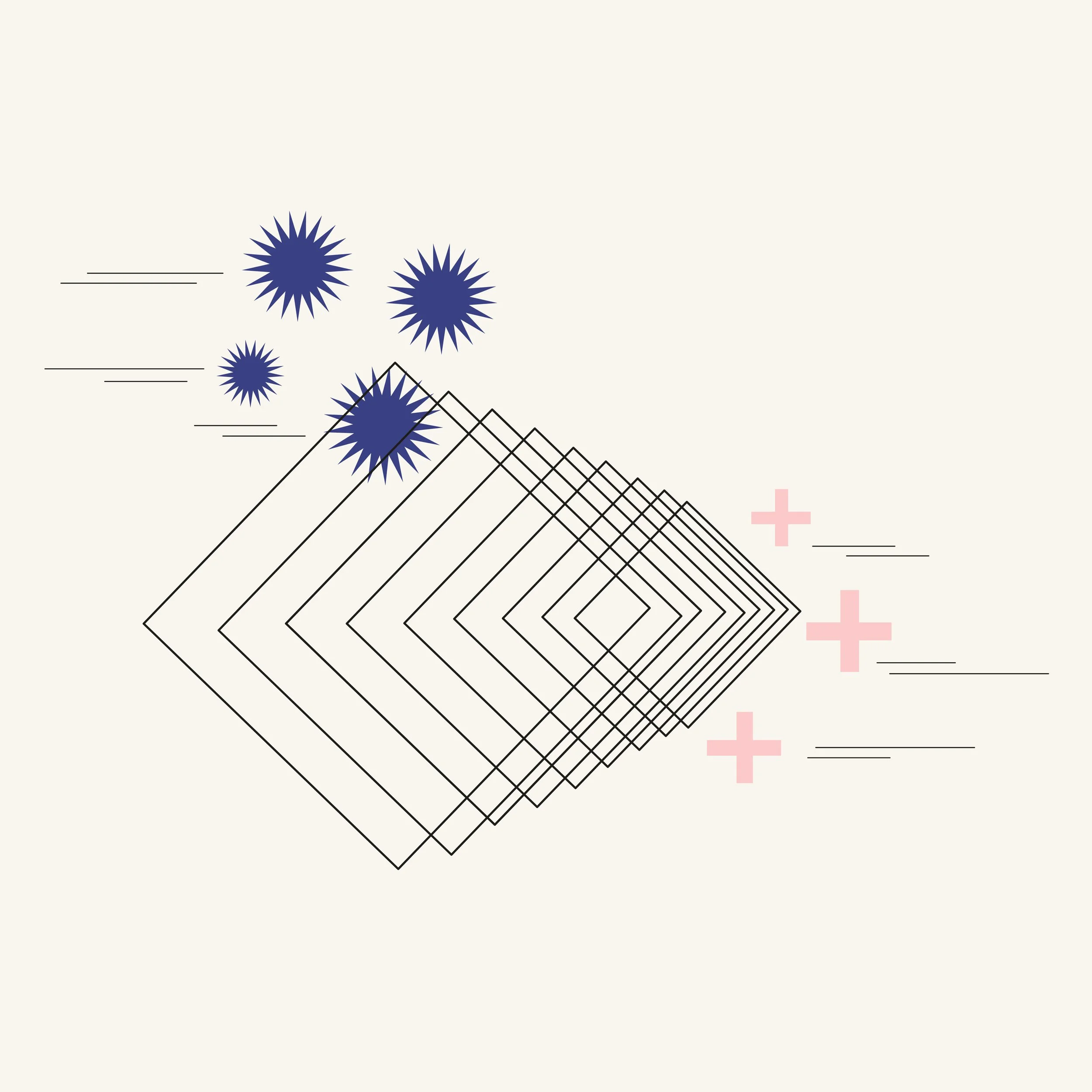RESEARCH
FREEDOM TO CHOOSE
2023-Present
Many people who can conceive live with the fear that they will have an unwanted pregnancy; most have a limited claim to bodily autonomy. Some may enjoy the theoretical legal right to abortion but find that access to this service is severely restricted. For those in the United States of America, the Supreme Court's decision in July 2022 to overturn Roe v. Wade has made this issue all the more pressing. Yet, restrictions on abortion rights are not unique to the United States, nor is it solely represented in the political sphere alone. As a grant recipient of the Andy Warhol Foundation and the Robert Silvers Foundation, I am investigating abortion access in Germany, Haiti, and the United States and writing a series of articles that examine the political landscape and artistic representation of reproductive rights.
RACE AGAINST THE VIRUS
2020-21
Since the rise of Covid-19, many Black people living in Berlin have asked me “what do you think the rate of Covid-19 is for us?” The answer: we don’t know. Unlike the United States, many countries in Europe do not document the racial identity of people on official forms. This is partially due to the dark and complicated history of how racial and ethnic categories have been used historically. My goal in this study is to understand how African diasporic health in Germany, both in its representations by mainstream media, how African (diasporic) community groups fashion themselves, and perspectives from healthcare professionals in Germany.
MAPPING, SCIENCE AND EPIDEMICS IN ALEXANDRIA, CAIRO, & TUNIS
Max Planck Institute for the History of Science
2011-2017
Maps, in their ability to demarcate power and space, can serve as a marker for social and political relations. Historians have detailed the social, cultural, and political contests in establishing epistemological standards of mapping the Middle East and North Africa according to political borders, yet few scholars have closely investigated how epidemics, migration, and science feature into the discourses of borders. This project addresses areas often obscured in the history of science by drawing on archival and ethnographic sources to provide a history of epidemics and urbanization and developing theories of social and disease mapping in North Africa and the Middle East.
PLAGUED BODIES AND SPACES
2011-2017 | Dissertation
This dissertation examines the history of the bubonic plague, trade, and imperialism in Ottoman Egypt and Tunisia between the eighteenth and nineteenth centuries. Before there was a cure for Yersenia pestis (the bacteria that causes the bubonic plague), the disease posed a demographic crisis in North Africa and disrupted merchant trade, funeral rites, and social life. When the epidemic struck, it generated anxiety and fear among authorities and laypeople alike, thus spawning a call to action by those who were directly impacted by the disease. This research shows how contagion theory, merchant capital, and political leadership influenced the ability for state and non-state actors to manage several plague outbreaks in Ottoman Egypt and Tunisia.



